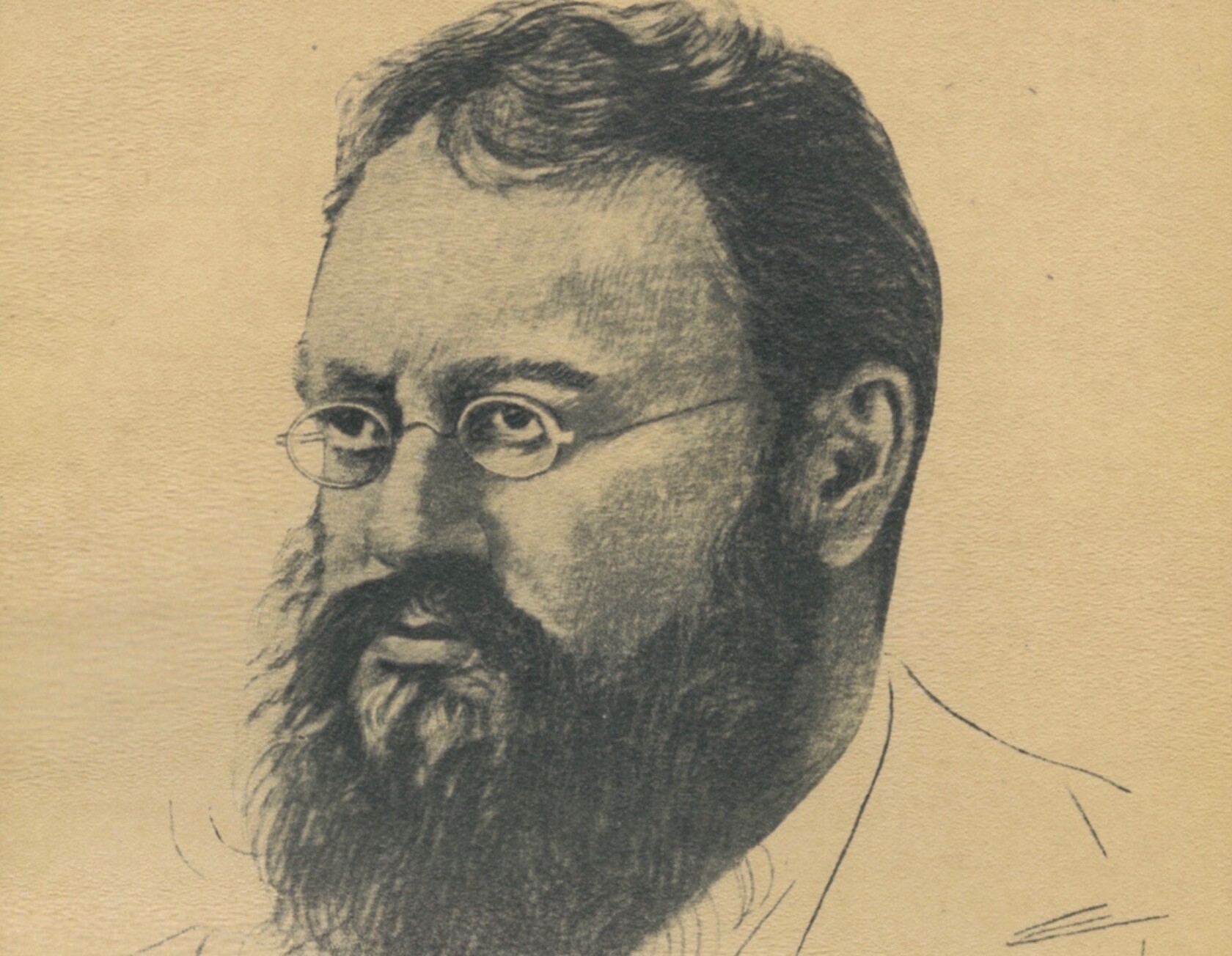He tried to reconcile science with religion: Who is John Fiske?
Behind the phenomena and human experiences lies an unknown, divine power. The study of this divine power falls within the domain of religion.

His real name is Edmund Fisk Green. He is an American historian and philosopher. He continued his education, which he started at a young age, at Harvard University and studied law. Until the age of eighteen, he learned Sanskrit and Hebrew very well and trained himself in philosophy and history.
John Fiske (March 30, 1842 – July 4, 1901) was an American philosopher and historian. He was heavily influenced by Herbert Spencer and applied Spencer's concepts of evolution to his own writings on linguistics, philosophy, religion, and history.
After working as a lawyer for a while, he devoted his life to writing and education. He studied Charles Darwin's theory of evolution, and he explained the writings of Herbert Spencer, who adapted this theory to philosophy, in his own works and ensured that it was disseminated.
During his 1873-1874 European tour, Darwin had the opportunity to meet Spencer and Thomas Henry Huxley and have a long talk.
In his works, he tried to introduce the theory of evolution, and by adapting it to a theory of necessary historical progress, he regarded it as the last development in the progress of humanity.
Although his contemporaries found Fiske's ideas irreligious, he tried to reconcile the theory of evolution with theology in his Outlines of Cosmic Philosophy. Despite this, he explained and explained Darwin's theory of evolution in all his lectures and works.
His books:
Outlines of Cosmic Philosophy,
The Critical Period of American History,
The Discovery of America,
The American Revolution,
The Beginnings of New England.
